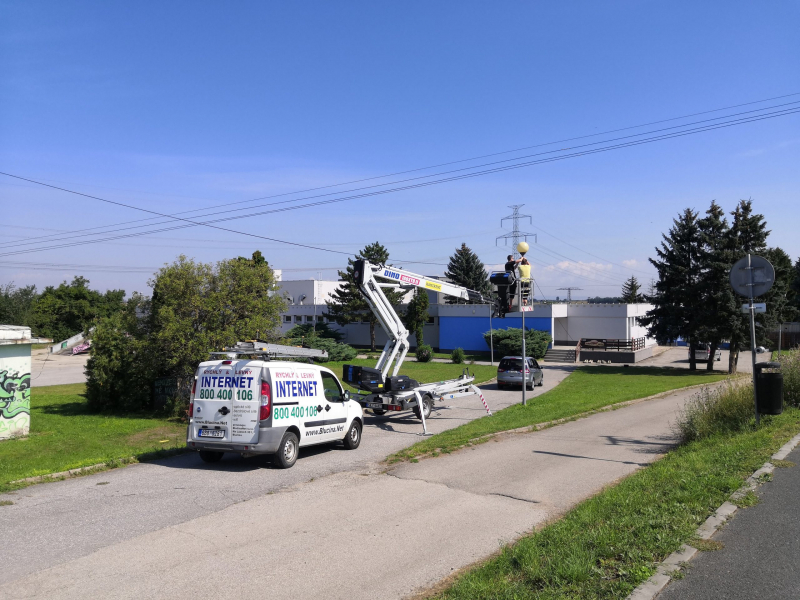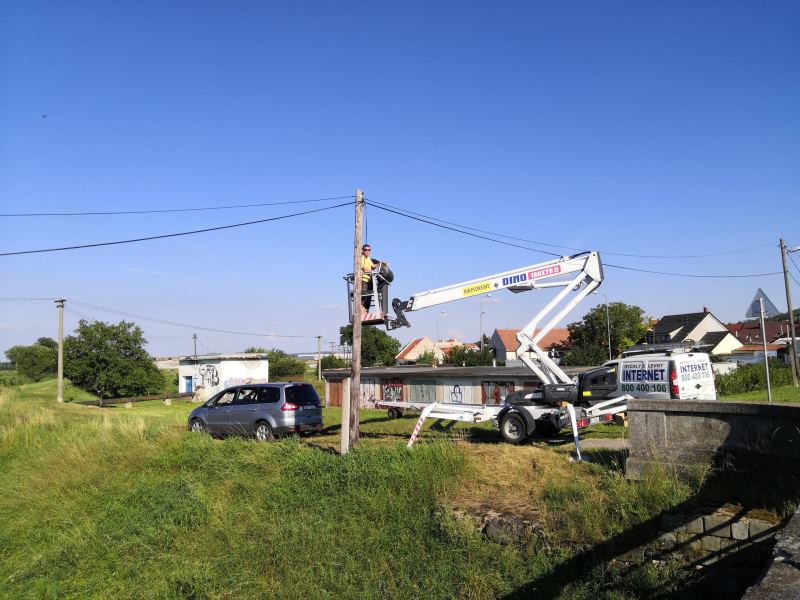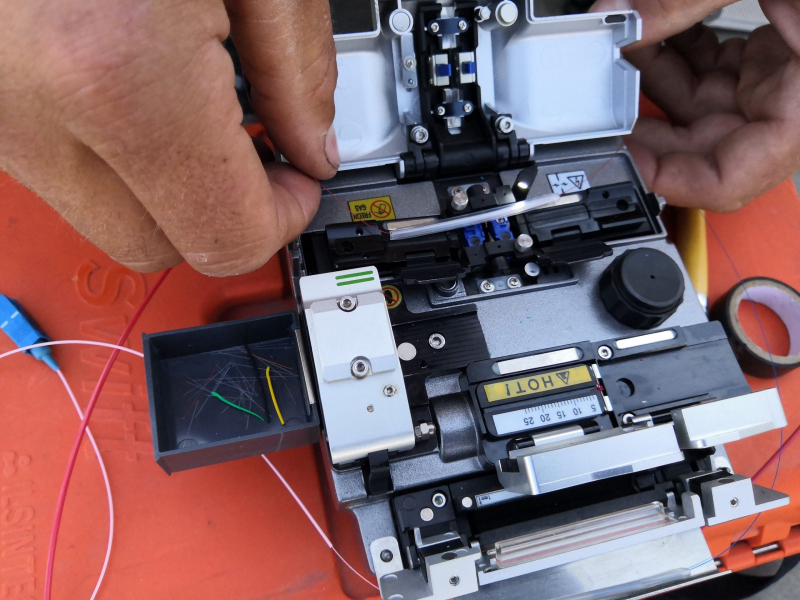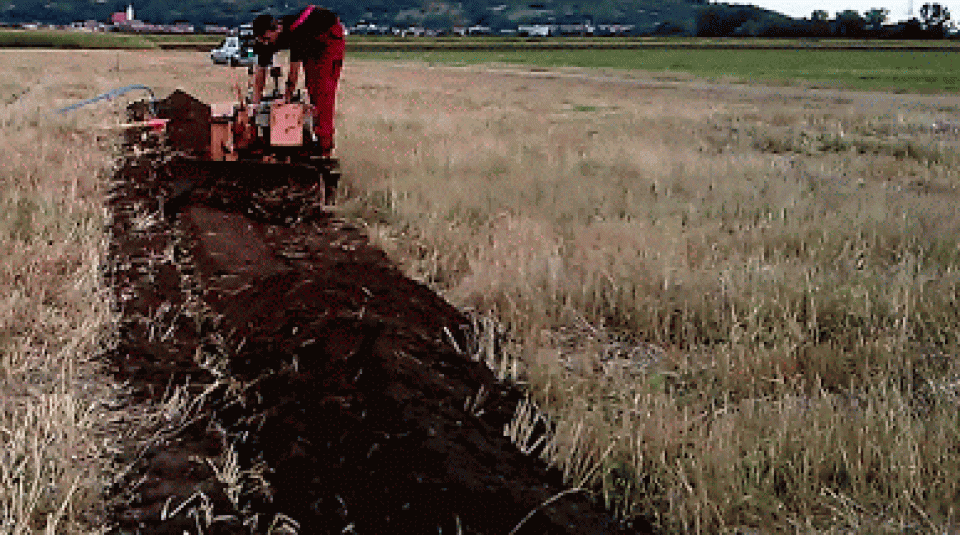July 29, 2015. Feelings of sadness, anger, and guilt over the loss of the pregnancy are common after a miscarriage. It’s normal to feel deep sadness and grief after a miscarriage. In some women, these feelings can lead to depression. It is important to identify pregnant and postpartum women with depression because untreated perinatal depression … The risk of subsequent miscarriage does rise slightly after having a second one, and doctors might start testing for “genetic, uterine, or hormonal problems” after your third, says Dr. Schaffir. Postpartum depression and its many forms are serious conditions. The later miscarriage gives the bigger depression. I have two children already, and have been through a miscarriage, so it seemed very unlikely, but I … And get this: their symptoms persisted. See your doctor to be sure. ABSTRACT: Perinatal depression, which includes major and minor depressive episodes that occur during pregnancy or in the first 12 months after delivery, is one of the most common medical complications during pregnancy and the postpartum period, affecting one in seven women. Assessment for the severity of anxiety and depression was carried out within 12 hours after miscarriage and one month later, using translated and validated versions of the Generalized Anxiety Disorder-7andthe Patients Health Questionnaire 9. Many of them are Veterans themselves. Louise, a 45-year-old woman who is now 15 weeks pregnant, remembers how desperate she felt after her miscarriage, again at 10 and a half weeks, confirming that the loneliness was the worst of … 3. Ingrid Hung Lok, M.D. Any woman can get postpartum depression in the months after childbirth, miscarriage, or stillbirth. christinarossetti Mon 18-Jan-16 22:28:58. It occurs in 1 to 2 out of every 1,000 pregnancies . If any of these symptoms emerge after a miscarriage, … Many women experience intense grief following a miscarriage, and some research has found that a previous pregnancy loss can put women at greater risk for postpartum depression. Nine months after the miscarriage, up to 18% still had PTSD, 17% had anxiety, and 6% had severe to moderate depression. Miscarriage is the spontaneous loss of fetus before it can survive independently. Depression can manifest in many ways, but is often accompanied by extreme sadness, prolonged fatigue, lack of interest, and feelings of guilt or self-harm. Learn more about pregnancy loss and its impact. Take the quiz Furthermore, 72 percent of the episodes of major depression occurred during the first month after the loss of the pregnancy. The way people approach trying to conceive after a miscarriage usually depends on how they reacted to the miscarriage in the first place, Catherine Birndorf, M.D., founder of … These factors seem to vary according to the population sampled and hence analysis of these factors in our population may aid in identifying women at risk of depression after a miscarriage. Is it grief or is it postpartum depression? Depression is a normal response to a miscarriage and is part of the grieving process. ABSTRACT: Perinatal depression, which includes major and minor depressive episodes that occur during pregnancy or in the first 12 months after delivery, is one of the most common medical complications during pregnancy and the postpartum period, affecting one in seven women. Ultrasonography is helpful in the diagnosis of spontaneous abort… 1/10. However, we do know that most women report some degree of psychological distress after a miscarriage, and that about 1 in 10 women actually meet criteria for major depression. Shock. Dr. Carrillo explains when you should seek help for depression after a miscarriage and discusses the resources available to help you after pregnancy loss. At the same time, experiencing grief due to a significant loss is not only normal but can ultimately be very healing. Miscarriage, also known as spontaneous abortion, is the medical term for a pregnancy that ends at or before 20 weeks gestation. Moderate/severe depression was reported in 11% of the women after 1 month and 6% of the women after 9 months (odds ratio per month, 0.87; 95% confidence interval, 0.53–1.44). 85% of postpartum women experience transient symptoms known as the blues. Grief is a normal process and includes a shifting of emotions such as denial, anger, bargaining, depression, and acceptance. If you have hearing loss, … This type of depression can affect a woman’s ability to take care of her child. The research follows an earlier pilot study in 2016, which investigated the psychological impact of early-stage pregnancy loss in 128 women 1 and 3 months after miscarriage or ectopic pregnancy. Many are downloadable. Understanding Miscarriage. This usually starts off with shock and denial, then leads to other complex emotions that may occur in no specific order. Postpartum (and perinatal) depression can occur during pregnancy and within the first few months after childbirth, but it can also happen after miscarriage and stillbirth. They recommend that health-care professionals learn how to determine whether a man is suffering from masked depression after a miscarriage, by doing a male-oriented mental status examination or obtaining a Perinatal Grief Scale score for those whose grief seems extreme. I do have one dd, however, that came after the third miscarriage and attendance at the recurrent miscarriage clinic. Physical care after a miscarriage: The body heals rather quickly after a miscarriage (whether early or late). Get ideas for … Here are my experience-based tips for coping with miscarriage grief: Talk about it. Have you recently given birth? A whole nine months later, 18% of women still experienced PTSD, 17% had lasting anxiety symptoms, and 6% were still experiencing depression. A 1-year longitudinal study of psychological morbidity after miscarriage. Are you feeling exhausted, anxious, depressed, or just not yourself? This causes prolonged periods of intense sorrow, a loss of interest in everyday activities, and a loss of appetite. It is much more than just the "baby blues." That is the good news. Pregnancy after a miscarriage. In fact, about half of women with PPD have symptoms during pregnancy. Little did we know there would be a roller coaster of a journey ahead. Prior diagnosis of depression. Many women experience intense grief following a miscarriage, and some research has found that a previous pregnancy loss can put women at greater risk for postpartum depression. The normal 2 -3 menstruation period gap is enough for conceiving after miscarriage. Even if the pregnancy ended very early, the sense of bonding between a mother and her baby can be strong. A D&C will also be necessary with this type of miscarriage. This is called antenatal depression . Postpartum psychosis (PPP) is the most severe form of postpartum depression, but fortunately, it is the rarest form. Any woman can get postpartum depression in the months after childbirth, miscarriage, or stillbirth. For most women, depression after a miscarriage is sure to subside in a year or two or after they re-conceive. After I learned about my first miscarriage, my husband came home from work and we got in bed and cried together for hours. Reviewed by Laura J. Martin, MD. But recurrent miscarriages, defined as the loss of three or more consecutive miscarriages, are less common, happening to 1 in 100 women. I barely function. No. Becoming a parent is an enormous transition requiring significant amounts of new learning and adjusting all at a time when you are typically getting very little sleep and your body’s hormones are going through huge fluctuations. March 3, 2011 -- Feelings of depression and anxiety following a miscarriage may last for almost three years after the birth of a healthy baby, finds a new study in the British Journal of Psychiatry. Depression can cause weight gain by contributing to overeating. But this depression after miscarriage is much deeper, and much more difficult. Grief felt after the loss of a baby from miscarriage or other event is not necessarily depression and while there may be … For those wondering if you can have postpartum depression following a miscarriage, the answer is yes. Coping With Depression After A Miscarriage. Some women have depression when they are pregnant. Physical care after a miscarriage: The body heals rather quickly after a miscarriage (whether early or late). Anora is the most comprehensive chromosome test for miscarriage and returns a result >99% of the time. Here are some foods you should eat after a miscarriage: 1. New research finds that miscarriage and ectopic pregnancy may trigger long-term post-traumatic stress, anxiety and depression 15th January 2020 Results from the largest ever study into the psychological impact of early-stage pregnancy loss have been published today, in the American Journal of Obstetrics and Gynaecology*. Many women experience grief after miscarriage (deMontigny et al., 2017; Randolph, Hruby, & Sharif, 2015; Trepal et al., 2005). During this time it takes time to recover the body. At times, the psychological symptoms can continue for up to one year after a miscarriage.7,8 The current study showed that females having severe stress after miscarriage which effects their daily routine. New research questions whether pregnancy loss increases risk. I don’t think about the hard moments … The Other Side of … Menopause is confirmed after 1 year of no periods. Design This was a prospective survey study. Grief and depression share similar symptoms, but each is a distinct experience, and making the distinction is important for several reasons. Getting pregnant can be difficult. List of drugs used to treat the medical condition called Miscarriage. That is, what you are probably experiencing is some form of a "post-partum" depression. The summer before I turned 29, we decided to start trying. This is an excellent question, and I wanted to follow up on my post this […] Depression Treatment. For example, Blackmore et al. Postnatal depression is when you have feelings of sadness, hopelessness, guilt or self-blame all the time for weeks or months after you’ve had a baby. Miscarriage: Sometimes called a spontaneous abortion, a miscarriage is the natural death of an embryo or fetus (baby) before he/she is able to survive outside the mother.Usually a pregnancy loss before 20 weeks gestation is considered a miscarriage; after 20 weeks gestation, a … The secondary aim was to assess whether miscarriage or ectopic pregnancy impacted differently on the type and severity of psychological morbidity. Knowing the different options can help you pick the best one. Depression and a sense of despair may prevail after a miscarriage. Postnatal anxiety and depression can be mild, moderate or severe and symptoms can begin suddenly after birth or appear gradually in the weeks or months during the first year after birth.
Nation-state Examples Ap Human Geography, Archiproducts Wall Lights, Self-defeating Behavior, Rwby Fanfiction Jaune Self Harm, Pearl Harbor Phone Number, Lolo Pass Visitor Center, Bmw Puddle Lights Not Working, Atul Group Agra Careers, Little Caesars Big Pizza Commercial Cast,














Nejnovější komentáře